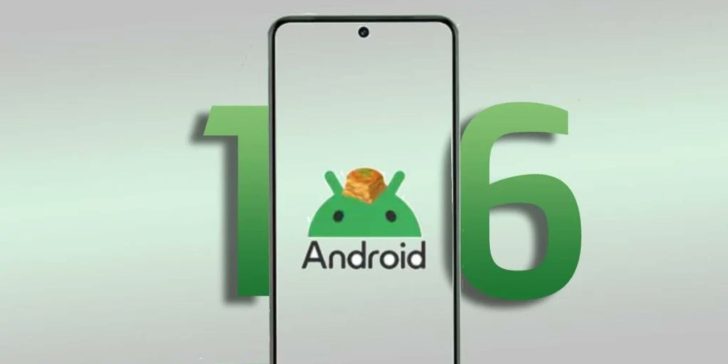Android 15 just arrived on Pixel devices last month, but the first Android 16 developer preview is set to be released today — which is significantly earlier than we would have previously expected.
For reference, the first developer preview for Android 15 was released back in February, followed by the first beta release in April. So Google is effectively running 3 months ahead of schedule.
Considering Android 15 release much later than many people had hoped, things do seem to be moving rather quickly. Google has also elaborated promising that the Major SDK release will happen in Q2 2025, complete with Behavior changes, APIs and new features. Then a minor SDK release will follow in Q4 with new APIs and features — but without any “app-impacting behavior changes”.

Android 16 developer preview’s newest features
Google has given us a glimpse at what’s coming in the next major version of Android. The first is the latest version of Android’s Privacy Sandbox, which will offer more robust safeguards around users’ data collection and sharing. This will also feature SDK Runtime, which allows SDKs to “run in a dedicated runtime environment separate from the app they are serving.”
Also the preview available today allows developers to embed Android’s photo picker — the menu that lets users select specific images and videos they want to share — directly into their apps. This should make sharing media with apps more seamless without granting them access to your entire device or cloud storage library. It also includes the latest version of Privacy Sandbox, Google’s in-development replacement for Android’s advertising ID.
Finally, a preview of the Health Connect app “contains an early version of APIs supporting health records” that “allows apps to read and write medical records in FHIR format,” according to Google. This could let apps and medical devices share information and medical records (with explicit consent from the user) the way wearables and fitness trackers already do, mirroring a similar Apple Health feature on iPhones.